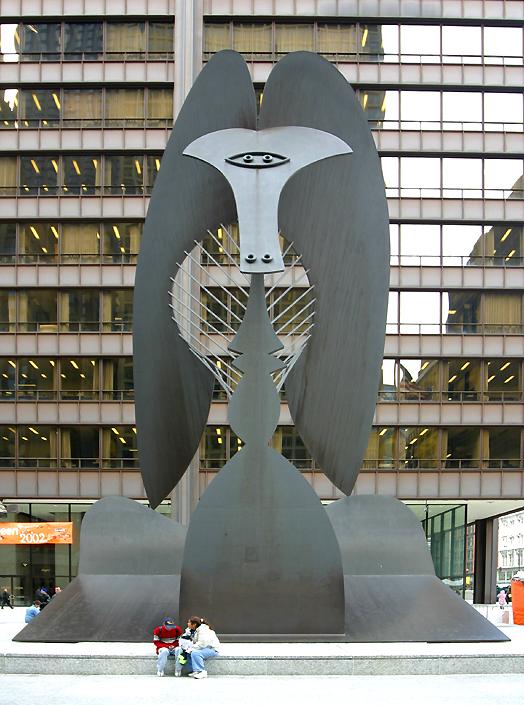On Tuesday, I saw a girl - probably 18- or 19-years old - on the morning Red Line reading a heavily highlighted and underlined print-out copy of Kant's Foundations of the Metaphysics of Morals. This girl, I'm betting that she's a freshman or sophomore in college, possibly enrolled in a Philosophy 101 class or maybe even an introductory law or Western Civ course, looked exhausted, like she hadn't slept in days. When I looked over her shoulder at her dog-eared papers, I could see that she had marked them up in at least three different colors of ink, plus two different highlighter pen shades (yellow and pink!) and even had a sticky note or two sticking out from between pages. I imagine that she had some kind of test that morning, or that she was headed to the library to finish her midterm paper that was due at 5 p.m.; quite possibly she had been up all night taking notes feverishly about when one does or does not have the moral right to lie, the differences between freedom and autonomy, and trying to parse Kant's ridiculously long and convoluted sentences, a strange habit of his that has, unfortunately, blighted much of the landscape of philosophical writing since.
Part of me felt sorry for her. But not a big part. She was, after all, having the luxury of reading Kant on the morning commute. Another part of me wanted to start shouting pop quiz questions right then and there: "Quick! Name three different formulations of the categorical imperative! Under what circumstances does Kant believe that an agent does or does not receive moral credit for his actions? Why does Kant think that certain moral duties be known by necessity a priori?"
But I doubt that she would have appreciated my efforts. Plus, they may have asked me to leave the train if I started doing that.
But really, my most prominent reaction was, "Good. I'm glad that she's reading Kant." Especially the Grundlegung. As much as any other philosopher, Kant is responsible for the systems of laws and ethics that we still work under in the West. He articulated the concept of "All men are created equal," and the United Nations is founded largely on his essay "Perpetual Peace." And, for better or for worse, Kant is the one who laid out the parameters that have determined some of the fiercest conflicts of the past 200 years. Are all men free and equal beings? Are we all subject to the same moral codes, regardless of our race, class, gender, or culture? Is the postulation of the existence of God necessary in order to maintain a coherent ethical system? These are some of the ideas that have been and are being challenged on a regular basis, and so the more young people who have to get up a little earlier on a Tuesday to read about them, the better.
Also, his PhD dissertation translates into English as "On Fire." Which I just find to be absolutely hilarious.
I also own this:

And kind of want this:

From this link:
Powers: follows rules well, can leap as high as hundreds of times his own height
Weaknesses: sometimes seen as overly critical
Notes: This figure is, of course, only the phenomenal Kant toy. The deluxe version, Noumenal Self® Kant, is available only on special order and costs $339.95 (plus tax and S&H).
The reader may wonder, "Why is Kant blue with red tiger stripes?" Well, why twelve categories? I don't know. It was decided that a toy representing as important a philosopher as Kant ought to be unique in some way, that there ought to be some kind of toyly manifestation of his philosophical greatness. Blue with red tiger stripes was deemed sufficiently bad ass.







